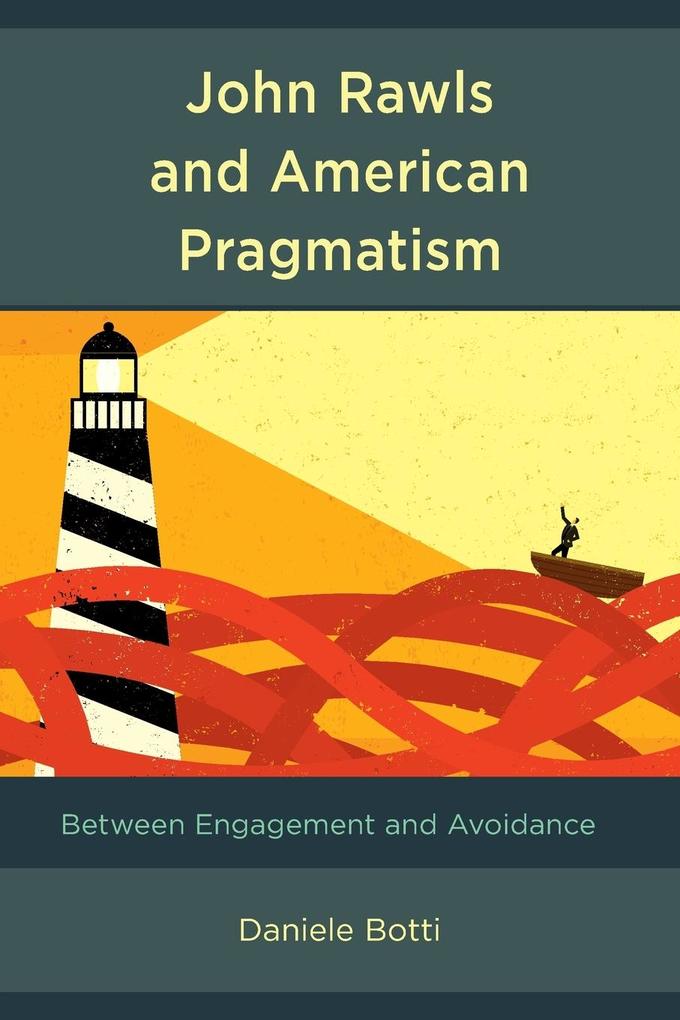
Zustellung: Di, 01.07. - Fr, 04.07.
Versand in 5 Tagen
VersandkostenfreiBestellen & in Filiale abholen:
Daniele Botti argues that John Rawls's philosophy is importantly connected with classical American pragmatism and that Rawls's intellectual trajectory did not take a "pragmatic turn" in the 1980s but possibly an "un-pragmatic" one. Both claims go against conventional wisdom, and Botti corroborates them with archival research.
Inhaltsverzeichnis
Contents
Table of Rawls's published Works and Abbreviations
Acknowledgments
General Introduction
Part One: Rawls in the Struggle over the Legacy of Pragmatism
1. Pragmatism: Old Disagreements and the "Eclipse Narrative"
2. The Rorty Discussion
3. The Rorty Discussion, and Rawls
4. Rawls and Pragmatism: What Pragmatism?
Part Two: The Pragmatist Sources of Rawls's Thinking
5. Induction and the Origin of Reflective Equilibrium
6. Rawls on Peirce, Putnam, and White
7. Rawls on Dewey before the "Dewey Lectures"
Part Three: What's the Use of Calling Rawls a Pragmatist?
8. Rawlsian Suggestions on Rawls's neglected Pragmatism
9. The Historical Use of Calling Rawls a Pragmatist
10. The Philosophical Use of Calling the "early" Rawls a Pragmatist
11. The Political Use of Calling Rawls a Pragmatist
Bibliography
About the Author
Index
Table of Rawls's published Works and Abbreviations
Acknowledgments
General Introduction
Part One: Rawls in the Struggle over the Legacy of Pragmatism
1. Pragmatism: Old Disagreements and the "Eclipse Narrative"
2. The Rorty Discussion
3. The Rorty Discussion, and Rawls
4. Rawls and Pragmatism: What Pragmatism?
Part Two: The Pragmatist Sources of Rawls's Thinking
5. Induction and the Origin of Reflective Equilibrium
6. Rawls on Peirce, Putnam, and White
7. Rawls on Dewey before the "Dewey Lectures"
Part Three: What's the Use of Calling Rawls a Pragmatist?
8. Rawlsian Suggestions on Rawls's neglected Pragmatism
9. The Historical Use of Calling Rawls a Pragmatist
10. The Philosophical Use of Calling the "early" Rawls a Pragmatist
11. The Political Use of Calling Rawls a Pragmatist
Bibliography
About the Author
Index
Produktdetails
Erscheinungsdatum
12. Oktober 2021
Sprache
englisch
Seitenanzahl
280
Autor/Autorin
Daniele Botti
Verlag/Hersteller
Produktart
kartoniert
Gewicht
459 g
Größe (L/B/H)
229/152/17 mm
ISBN
9781498598330
Entdecken Sie mehr
Bewertungen
0 Bewertungen
Es wurden noch keine Bewertungen abgegeben. Schreiben Sie die erste Bewertung zu "John Rawls and American Pragmatism" und helfen Sie damit anderen bei der Kaufentscheidung.









